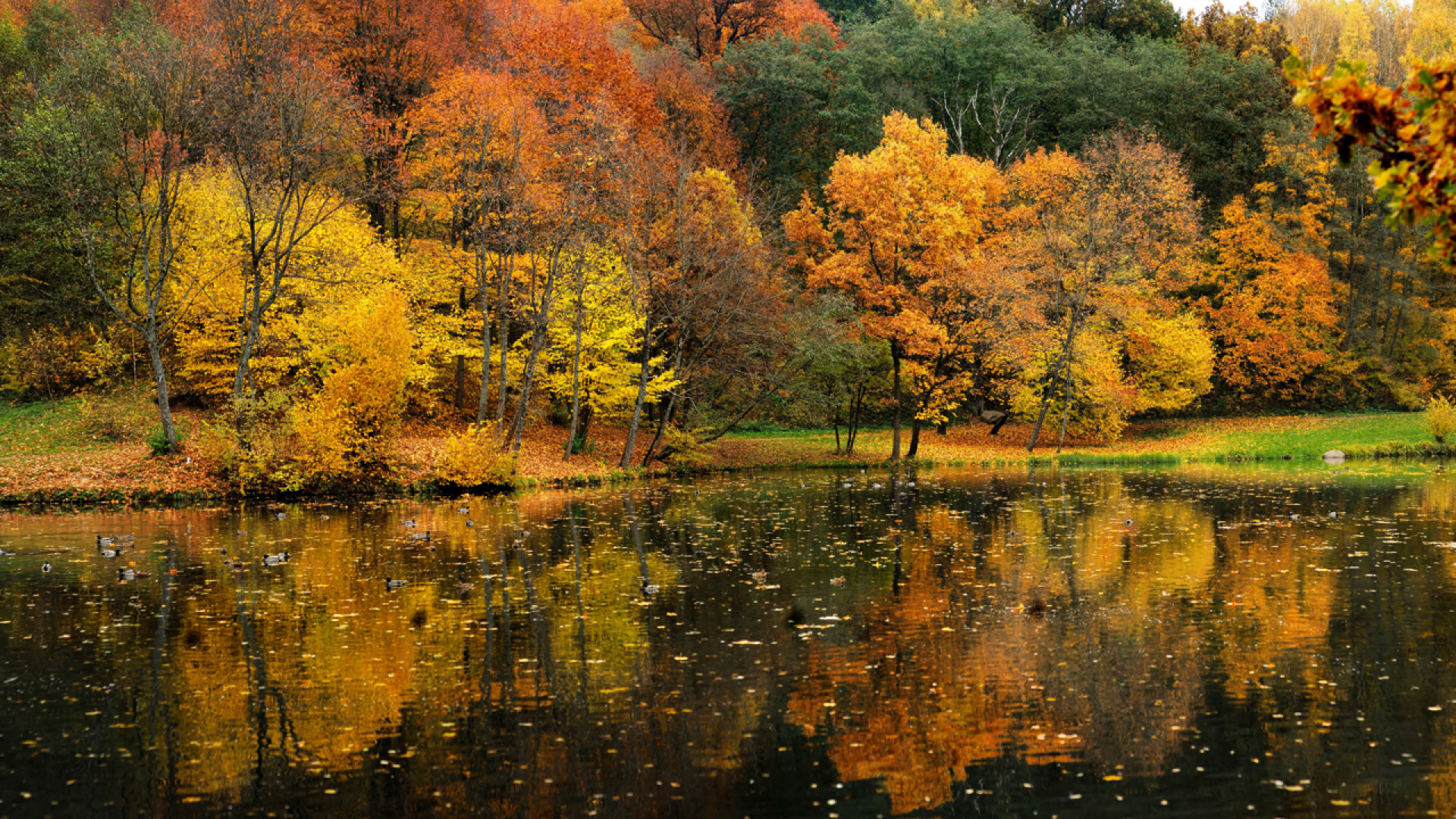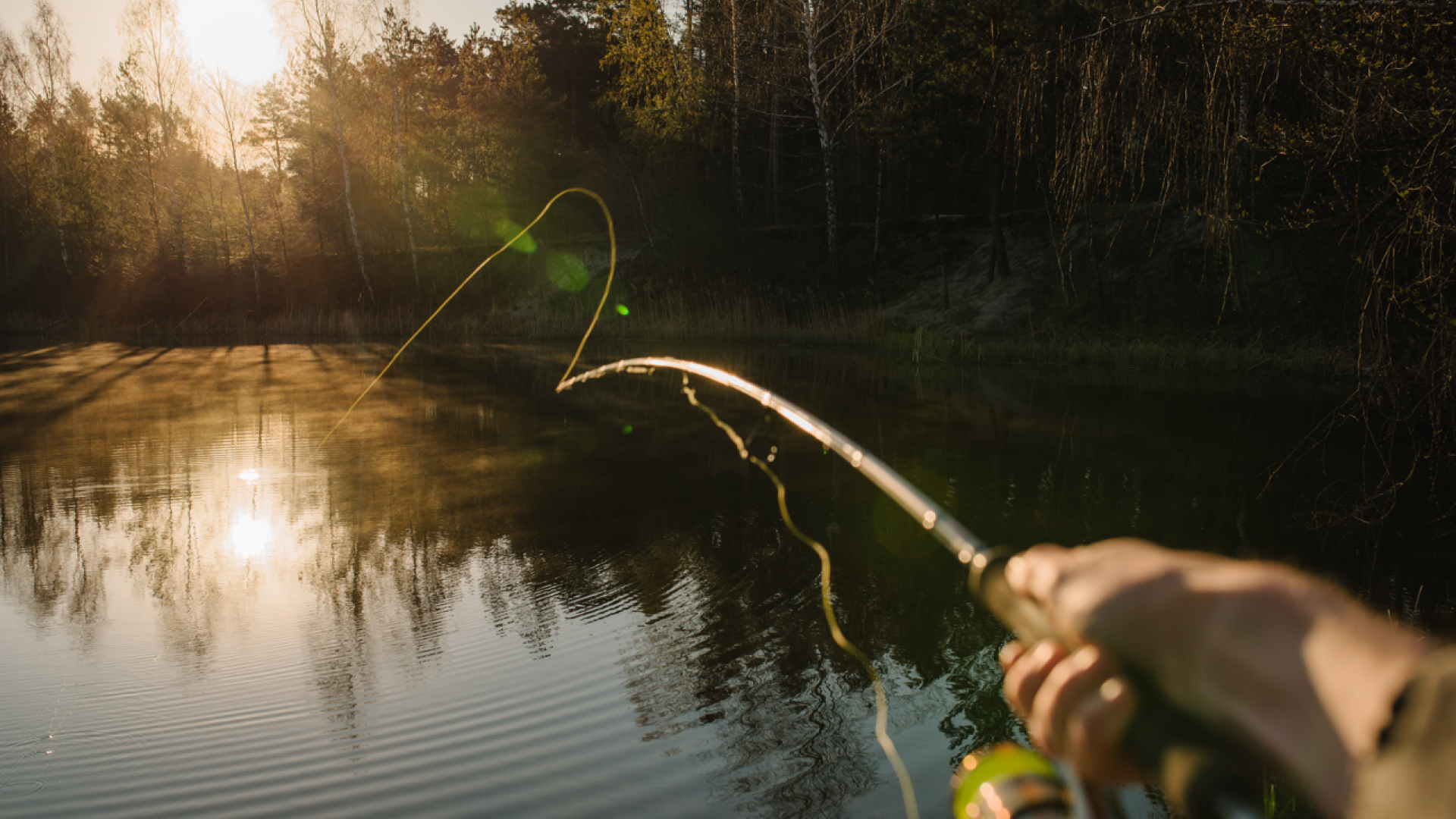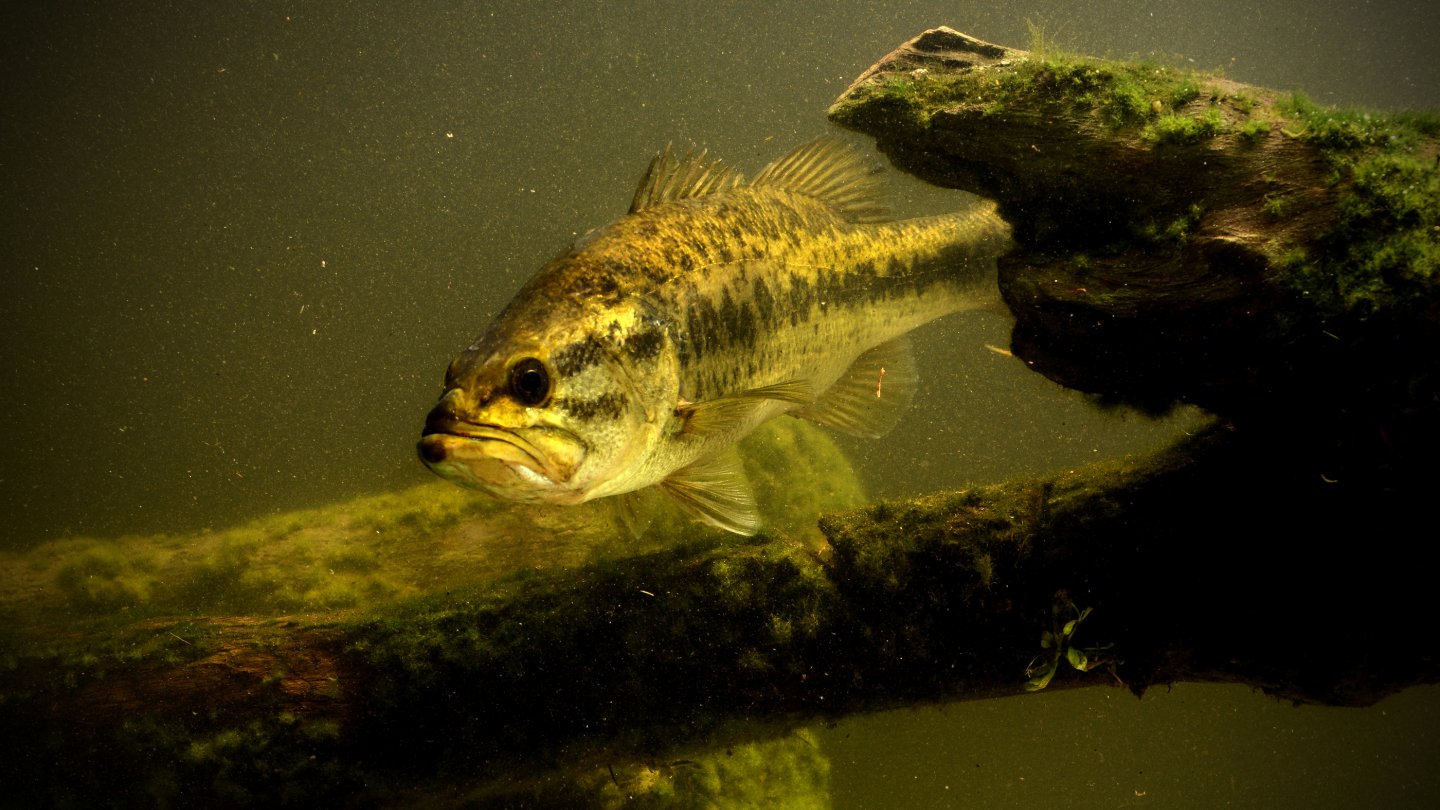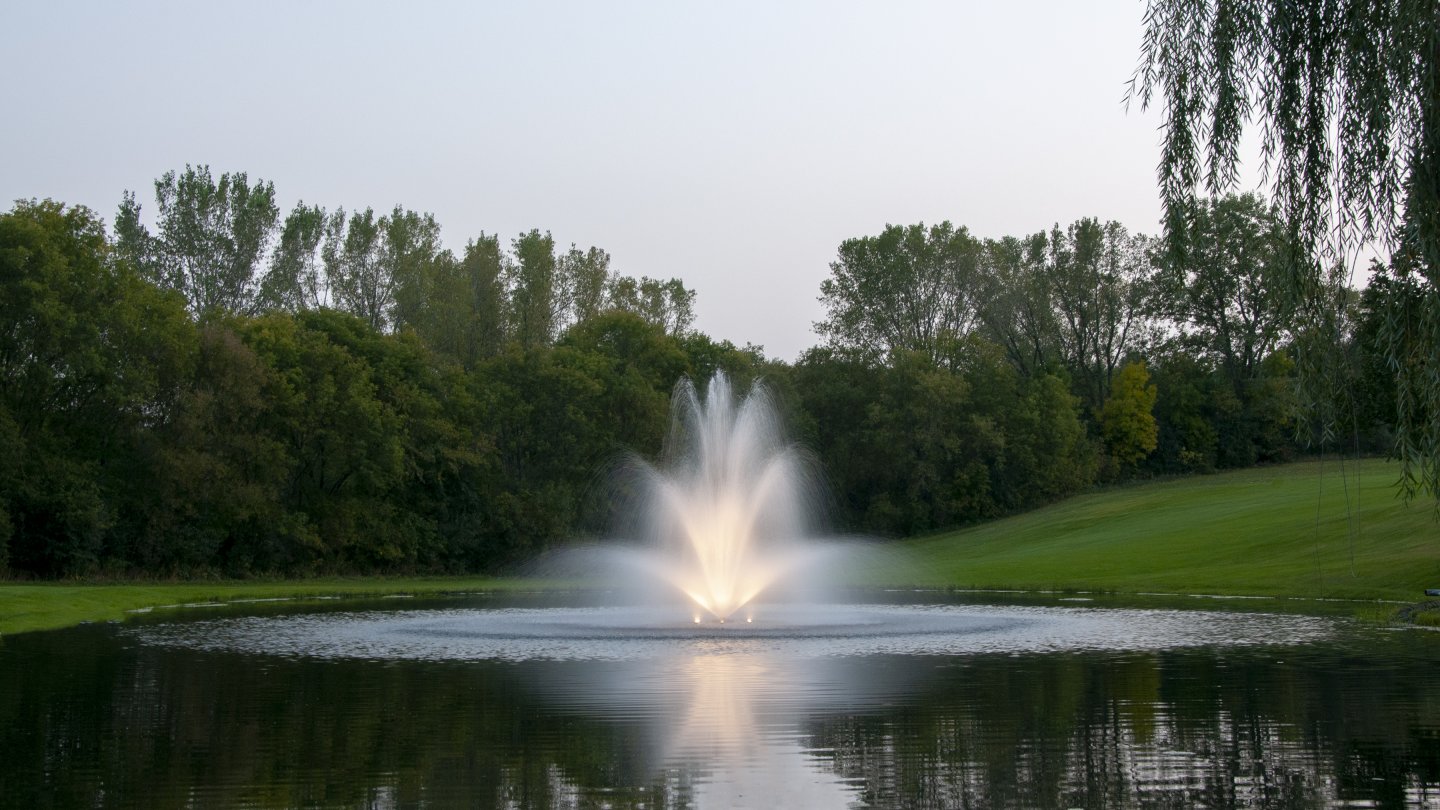Navigating September: Insights into Largemouth Bass and Bluegill Behavior in Midwest Ponds and Lakes

As the season shifts to the cooling embrace of September, it's an opportune time to discuss changes in Midwestern ponds and lakes and how these changes affect fish. Diminishing daylight hours lead to reduced photosynthesis among aquatic plants, resulting in potential changes in oxygen levels and nutrient dynamics.
September is characterized by shorter days and cooler temperatures, but it also sees less rainfall through much of our footprint. The result of these diminishing photoperiods and dropping temperatures is lower oxygen production levels from plankton and aquatic weeds/algae. Unfortunately, the lack of rain and short days also heighten the risk of plankton crashes. Water temperatures are still warm, so plankton populations continue to grow. However, with little rain, fewer nutrients are introduced to the pond and rapid plankton growth may exhaust the available nutrients and result in a population “crash.” In the event of a plankton crash, the pond suffers from both a drop in oxygen production but also increased oxygen demand because of decomposition. These dramatic swings in dissolved oxygen (DO) can stress a fish population. Symptoms of oxygen related stress include gathering near inlets or areas of water movement, sluggish behavior, loss appetite, and even gasping at the surface. A properly sized aeration system can mitigate risk to your fish population by helping stabilize oxygen levels.

As diminishing photoperiods and dropping temperatures nudge the ecosystem, largemouth bass embark on a quest for sustenance. This is the time when the bass's foraging instincts sharpen, driven by the anticipation of the colder months ahead. Their activity surges, as they capitalize on the availability of prey fish and aquatic organisms, ensuring they're well-prepared for the upcoming winter. When water temperatures drop in the mid to late winter, largemouth bass feed very little. They rely on their hard-earned fat reserves to sustain them throughout these cold months.
The dropping temperatures also trigger a subtle shift in bluegill behavior, prompting them to transition from their summer habits. They gravitate towards shallower waters, capitalizing on the lingering warmth in the upper layers. As their foraging behaviors adjust, they become more cautious, striking a delicate balance between feeding and vigilance in response to changing conditions.
Changing conditions mean September is the time to consider supplemental forage fish stocking. By introducing additional forage species such as fathead minnows, golden shiner minnows and small bluegill sunfish, we enhance the nutritional base of the ecosystem, providing essential sustenance for both largemouth bass, adult bluegill, and other predators. This supplemental stocking reduces competition for food among the existing fish population and helps these fish prepare for a long, cold winter. The goal is to bolster an existing forage fish population. We stock enough fathead minnows and golden shiner minnows to ensure they can feed hungry predators and also establish a breeding population. Stocking at ideal rates helps provide your predators a consistent food supply and promotes sustainable largemouth bass and other predator growth.
Habitat plays a crucial role in shaping the behavioral patterns of both largemouth bass and bluegill during September. Largemouth bass tend to gravitate towards submerged structures such as fallen trees, aquatic vegetation, and rocky outcrops. These structures provide the perfect hideaways for ambushing prey and shelter from the shifting weather. Meanwhile, bluegill seek refuge in shallow, sunlit zones, making the most of the remaining warmth and the abundance of insect activity. Our fish habitat installation service takes center stage here. With the strategic placement of submerged structures, we create safe havens for largemouth bass and bluegill throughout the year.
In summary, September signifies a time of transition and adaptation for the aquatic inhabitants of Midwestern ponds and lakes. Largemouth bass, bluegill and other Midwestern fish modify their behaviors in response to the changing environmental cues, ensuring their survival and readiness for the impending seasonal shifts. It’s important to set them up for success by providing them food, habitat and a healthy environment.
Questions about getting your pond or lake ready for winter? Contact us today at 800.662.3474.



